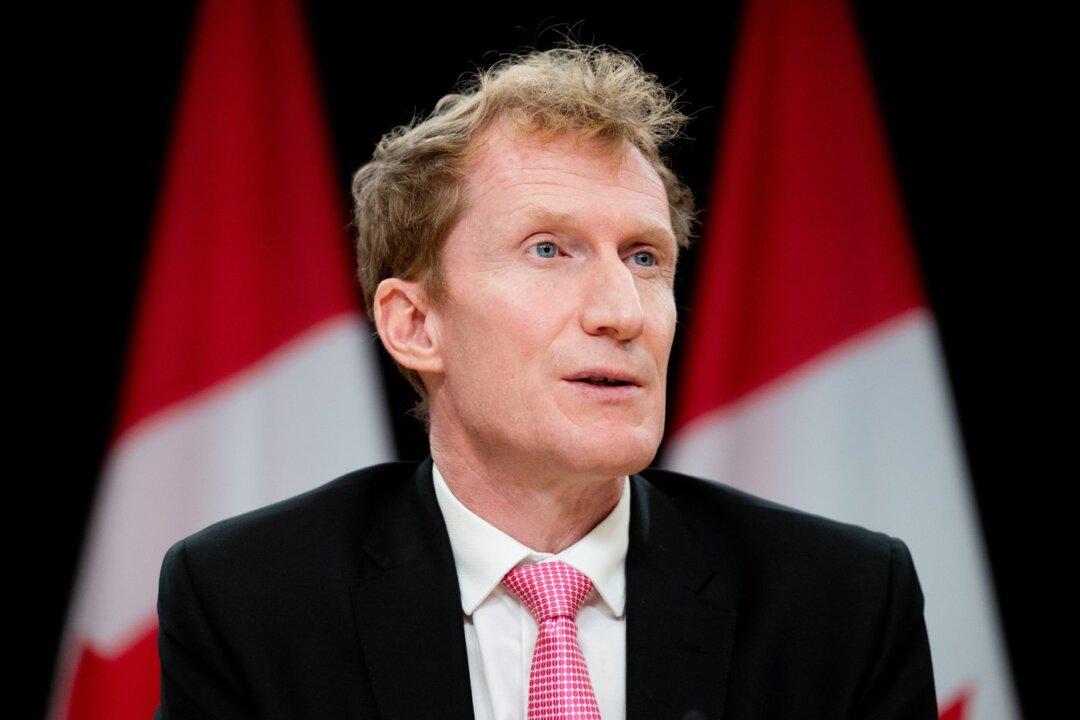Regulations must be put in place to address an increase in the number of asylum claimants from Mexico seeking entry into Canada, some of which are “bad actors,” says Immigration Minister Marc Miller.
“We certainly need to turn the screws a bit, whether it’s a quarter turn or full turn is something that’s still being determined, something I can’t share with you publicly,” Mr. Miller told reporters Jan. 22 during a Montreal press conference during a three-day cabinet retreat.





